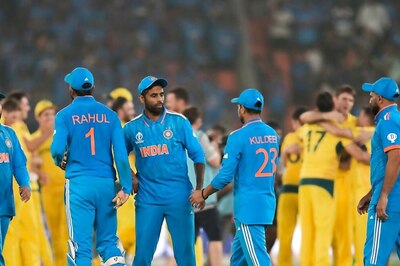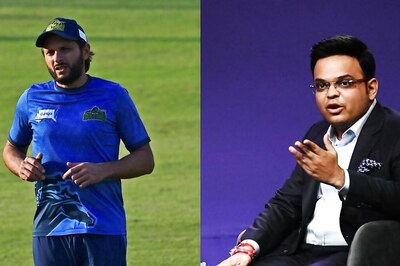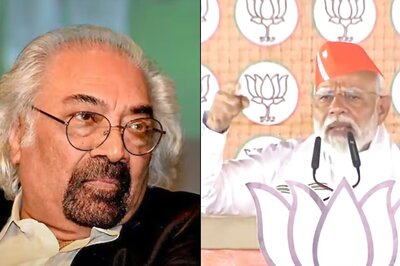
views
Having a child is a dream come true for many couples. It’s important for people to realise that fertility or the ability to conceive is not just about having sex ? although intercourse plays an essential role in it. Age, overall health, lifestyle factors, all chip in to make conceiving a baby a reality, and awareness about fertility is therefore very important.
According to a study in BMC Women’s Health in 2018, awareness of factors affecting fertility and fertility treatment options is very low in large parts of India, which underlines the need for better dissemination of fertility counselling and information.
The following are some of the most frequently asked questions about fertility that you might have wanted the answers to.
1. When are you most fertile?
Women are most fertile at the time of ovulation, which is roughly a period of three days starting 11 to 14 days after the first day of your last period. This calculation depends on how long a woman’s cycle usually is, and this might differ in each case. Unlike women, men don’t have a fertile time of the month, year or life because their body produces sperm regularly which are stored in the testicles, ready for use.
2. Can you find out beforehand if you have fertility problems?
Fertility testing can be done both non-invasively and it can also require some minor invasive procedures. But no matter how the testing is done, you can go in for it at any time and at any age. It’s recommended that you go in for a check-up with a doctor when you decide to start a family so that you’re prepared for all eventualities. There are also a few home-fertility tests available, which you can take in the comfort of your home.
3. How long should a couple try to conceive before they consult a doctor?
Depending on whether you’re above 35 years of age or below it, you can try conceiving for six months to a year before consulting a doctor about possible infertility. Of course, if you’re at a high risk of infertility then you should consult a doctor long before six months so you can know your options in time.
4. Does infertility occur only to women?
Fertility is definitely not an exclusively female issue. For men, declining sperm counts, testicular abnormalities and declining quality of sperm are major issues that lead to infertility. In women, advanced maternal age, tubal blockage, uterine abnormalities, endometriosis and polycystic ovary syndrome (PCOS) can cause infertility.
5. How common is infertility in India?
As per the Indian Society of Assisted Reproduction, infertility currently affects 10-14% of the Indian population. This is, however, an emerging issue in the country, especially due to the increasing occurrence of lifestyle diseases and chronic conditions ? all of which can cause infertility.
For more information, read our article on Infertility.
Health articles on News18 are written by myUpchar.com, India’s first and biggest resource for verified medical information. At myUpchar, researchers and journalists work with doctors to bring you information on all things health.



















Comments
0 comment